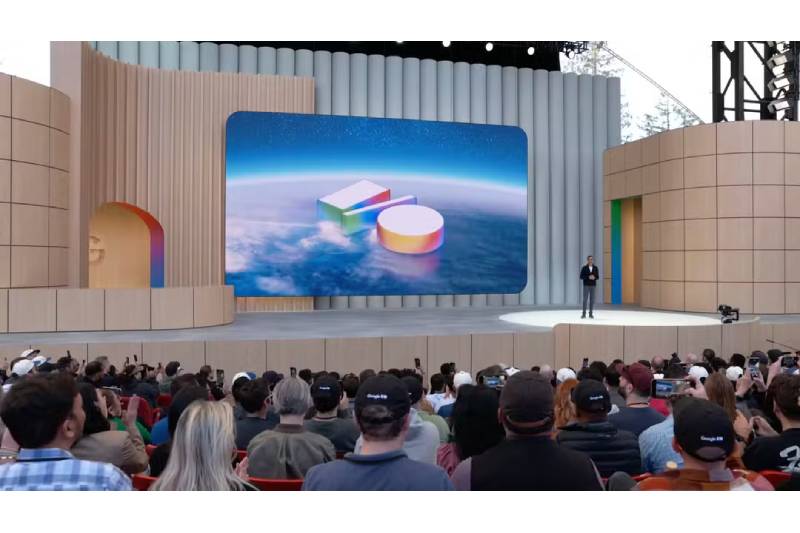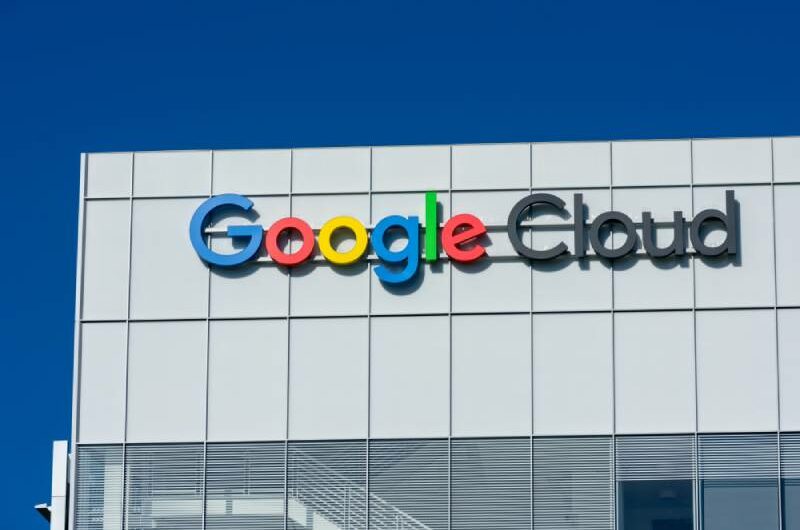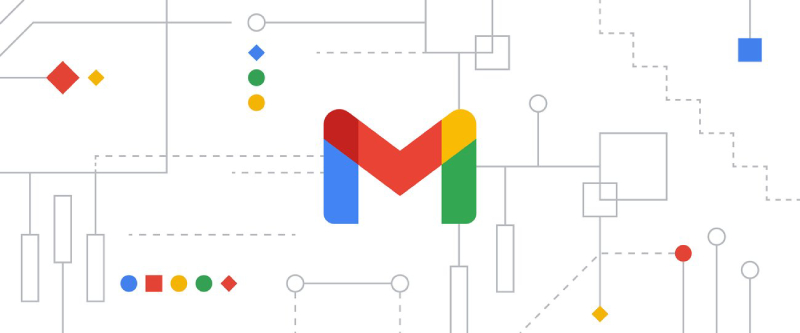Use cases related to travel and tourism were interspersed throughout the keynote addresses at Google’s I/O developer conference this week, as you may have noticed.
The presentations by Google CEO Sundar Pichai and associates like Demis Hassabis of DeepMind make it very evident that the world is quickly shifting from conventional search engine results to a future powered by artificial intelligence (AI).
According to Pichai, the usage of Gemini has skyrocketed in the last 12 months: 7 million developers are using Gemini to build apps, which is five times more than it was at this time last year, and the Gemini app currently has over 400 million monthly active users. Currently, the Gemini ecosystem processes 9.7 trillion tokens every month, which is 50 times more than it did in 2024.
The travel industry must act quickly to acknowledge the revolutionary shifts brought about by some of the I/O announcements.
“At Google I/O 2025, we saw the shift confirmed: AI now answers the questions people used to type into search engines,” stated Dan Granath, CEO of GoTo Hub, in a LinkedIn post following the keynote. We receive a single synthesized response in place of ten blue links. And more and more, that answer determines what is booked, what is marketed, and what information is viewed.
Report stated in another LinkedIn post that “the travel industry is about to undergo its biggest transformation since online booking emerged.”
The following is a summary of the Google I/O announcements that will cause a significant upheaval in the industry.
AI Mode
After spending some time in the research and testing environment with developers, Pichai revealed AI Mode, a complete redesign of search that launched in the US this week.
“AI Overviews is currently available in 200 countries and territories, with over 1.5 billion users. People are using AI Overviews more frequently and are satisfied with the results, according to Pichai.
“The kinds of queries that display them are increasing by over 10% in our largest markets, such as the U.S. and India, and this growth is increasing over time thanks to AI Overviews.”
Users will be able to ask more intricate and lengthy questions in AI Mode. Pichai stated that users in beta have been asking “much longer queries—two to three times longer.”
The standard search tabs, including All, Images, and Video, will be accompanied by a tab for AI Mode. This will open a chat window that will allow you to start the longer searches Pichai mentioned.
This means that the top ten links will no longer exist and will be replaced by a single source of what Google considers to be “the truth.”
Deep Search and Personalization
I/O disclosed that Google is introducing Deep Search, a tool that adds personal context to AI Mode searches, this summer.
To further this customisation, users will be able to integrate with other Google ecosystem products, such as Gmail and Google Docs.
Since online travel agencies like Kayak have already adopted personalization by utilizing cookies and search history from ad networks, Deep Search will help Google catch up to other AI providers like OpenAI.
Artificial Intelligence
With the ability to “interact with the web and get stuff done,” Google’s agent mode, codenamed Project Mariner, is intended to act on your behalf. Google said that it will now be accessible through Gemini, Chrome, and Search this summer. Developers may already access it using the Gemini application programming interface.
Google also revealed a capability for online fashion buying that uses an agentic checkout process. For example, if you have been eyeing a dress but decide not to buy it, the automated checkout system will monitor the price and, if it drops, it may prompt you to buy with a single tap. It is obvious that travel is possible.
From conception to reservation
Deep Search will retain the context of your search when it is in AI Mode. For instance, you could begin by asking for the ideal two-day trip to Austin, Texas, and then refine this by getting suggestions for a bus tour or local eatery.
The results incorporate results from Google Things to Do and Google Travel. When you click on them, you remain in AI Mode rather than being taken to those websites. The right-hand column has organic links at different positions; these are currently organic links, but it’s easy to assume that they may eventually turn into bought links.
You will be able to make reservations from the same window once agent mode is added during the summer. This will overcome the present drawbacks of huge language models, which are unable to access pricing and availability. The entire booking process might take place in AI Mode. For suppliers, this will be a huge chance to increase direct reservations.
Users may conclude that they no longer need to look for reputable answers in expert publications or blogs as a result of Deep Search. Instead of looking for third-party approvals, this will allow suppliers and intermediaries to generate authority for themselves.
In order to be visible in this new world, providers will need to concentrate on producing authoritative, structured content that AI systems can use.
Topics #AI Mode #Google I/O 2025 #Google I/O 2025 Releases On Travel











